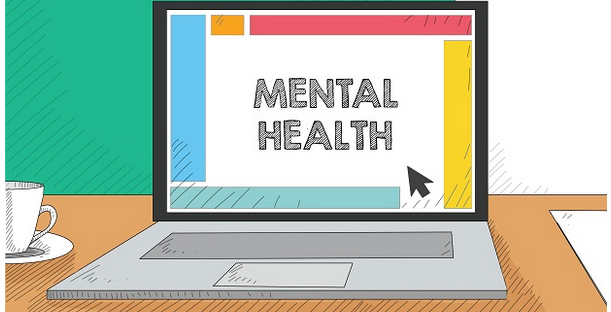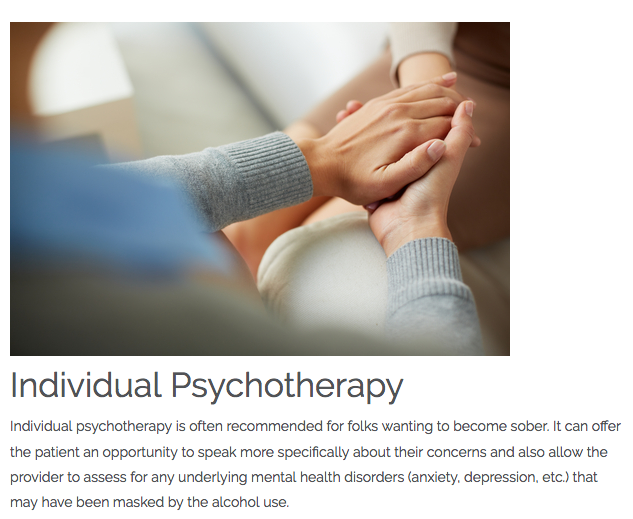
After reading the last few posts about alcohol, drugs, and addiction; do you think you know someone who is struggling with some or all of these behaviors and symptoms? Watching someone you care about abuse substances can be painful. And it can also lead us to feel helpless in knowing how to help them. Obviously, we cannot force someone to abstain from use and become sober. Likewise, we cannot force them into treatment against their will. What we can do, however, is offer support, knowledge, and resources around addiction treatment.
Navigating the world of addiction recovery and treatment is tricky, so by becoming informed yourself, you can aide your friend or family member in understanding where to go to get help when they’re ready.
Luckily, there are a wide range of treatment options available for those wanting to achieve and maintain sobriety. Many experts in addiction treatment recommend that folks have more than one resource or treatment modality on board for the best chance of success. Here are the options:
Detoxification: “Detox†is a service offered by some addiction treatment and hospital facilities. A stay in detox typically lasts three to seven days and is intended to help you safely withdraw from drugs or alcohol with professional medical help. At the end of the stay, patients are referred on to other, longer-term treatment facilities or programs.
Inpatient Treatment: Residential/live-in treatment for addiction is the most intensive option for treatment of alcohol and/or drug addiction. Inpatient treatment can last anywhere from several days to one month or longer. While participating in residential treatment, you can expect to receive: individual psychotherapy, group psychotherapy, psychiatric/medication services and possibly family psychotherapy in one place.
Intensive Outpatient: Intensive outpatient treatment is a form of addiction treatment in which you continue to live at home while attending treatment sessions three to four days per week, two to four hours at a time. The idea behind intensive outpatient treatment is that you learn to live a sober lifestyle, while also going to school, maintaining employment, taking care of family members - whatever you normally do in life. Intensive outpatient treatment usually includes psycho-educational and psychotherapy groups, family therapy groups, and individual psychotherapy.
Individual Psychotherapy: For people wanting to achieve and maintain sobriety, individual psychotherapy is often recommended. Working one-on-one with a licensed mental health professional can allow you to explore, in a more individual way, your substance abuse and family history. These individual sessions also allow the mental health provider to assess for any underlying mental health disorders (anxiety, depression, etc) that may have been either exacerbated or masked by your substance use.
Group Support: Alcoholics Anonymous (AA) is the most well-known example of group support available to alcoholics. AA is a free, peer-led support group that has been around since 1939. AA’s 12-step program has been used for a long time, by many people and is very well established all across the world - making it easy to access for most people. Narcotics Anonymous (NA) is a very similar program that is specifically for people who struggle with drug (heroine, prescription painkillers, cocaine, etc) addiction. There are many other free, peer-led support groups in most communities across the country. For more information about what is available in your area, try asking your physician, mental health care provider, faith community, employer, or school.
Medication-Assisted Treatment: Medication-Assisted Treatment (MAT) programs combine medications and supplements, together with psycho-education to help you achieve and maintain sobriety. Naltrexone, Acamprosate and Disulfiram are some of the medications that are often used to help ease the discomforts of withdrawal symptoms, as well as decrease cravings 8.If you need assistance immediately, you can always call 9-1-1, or go directly to your nearest emergency room.

